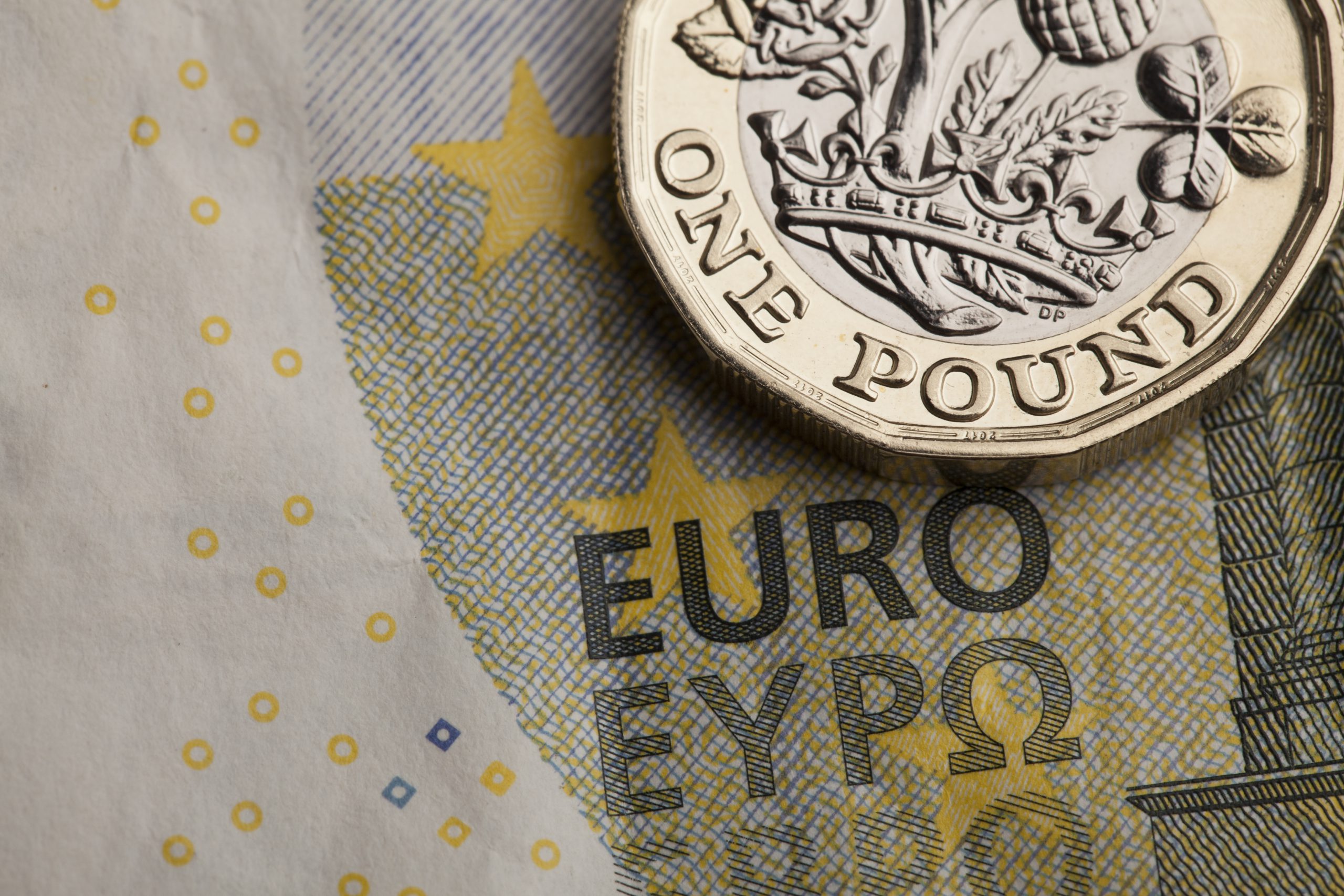GBP/EUR Exchange Rate Strengthens on Renewed Northern Ireland Protocol Optimism
The Pound Euro (GBP/EUR) exchange rate is climbing this morning as Prime Minister Rishi Sunak attends the British-Irish Council meeting.
At time of writing the GBP/EUR exchange rate is around €1.1445, a 0.88% jump from this morning.
Pound (GBP) Surges on Allaying Brexit Fears
The Pound is enjoying considerable success against most of its rivals today despite a myriad of economic and political issues.
Bolstering Sterling this morning is positive news that the Northern Ireland protocol could be resolved cordially without concerns of a trade war between the UK and EU. Sunak will become the first prime minister since Gordon Brown in 2007 to attend the British-Irish Council in Blackpool. Micheál Martin, the Taoiseach, is expected to urge Sunak to redouble the UK’s efforts in resolving the NI protocol matter. Following Sunak’s meeting with President of the European Commission Ursula von der Leyen at COP27, UK-EU relations appear to be improving.
Meanwhile, the cost-of-living crisis is driving food banks to breaking point as families are facing record-breaking levels of need. Close to 1.3 million emergency parcels have been handed out in just six months. The Trussell Trust charity has said they have handed out more food parcels between April to September than ever before.
Looking ahead, GDP growth data is due to be released tomorrow. An expected second month of shrinking activity would mark a start of a technical recession.
Euro (EUR) Undermined by Downbeat Economic Outlook
The Euro (EUR) is not enjoying its negative correlation with the US Dollar today as the results of the midterm elections continue to trickle through. Meanwhile, the European Central Bank (ECB) released its final update of the year with the latest Economic Bulletin.
Weighing on the single currency is the upcoming risks to the Eurozone economy. The ECB also commented on its monetary policy going forward. Future interest hikes will remain ‘data-dependant’ and will be judged purely on a meeting-by-meeting basis. The bulletin also said:
‘A long-lasting war in Ukraine remains a significant risk. Confidence could deteriorate further, and supply-side constraints could worsen again. Energy and food costs could also remain persistently higher than expected. A weakening world economy could be an additional drag on growth in the euro area.’
Looking ahead, the Euro could see its negative correlation to the US Dollar benefit the single currency if US inflation data softens as expected. The easing of price pressures could weaken the ‘Greenback’, and in turn, the Euro could climb.


Comments are closed.